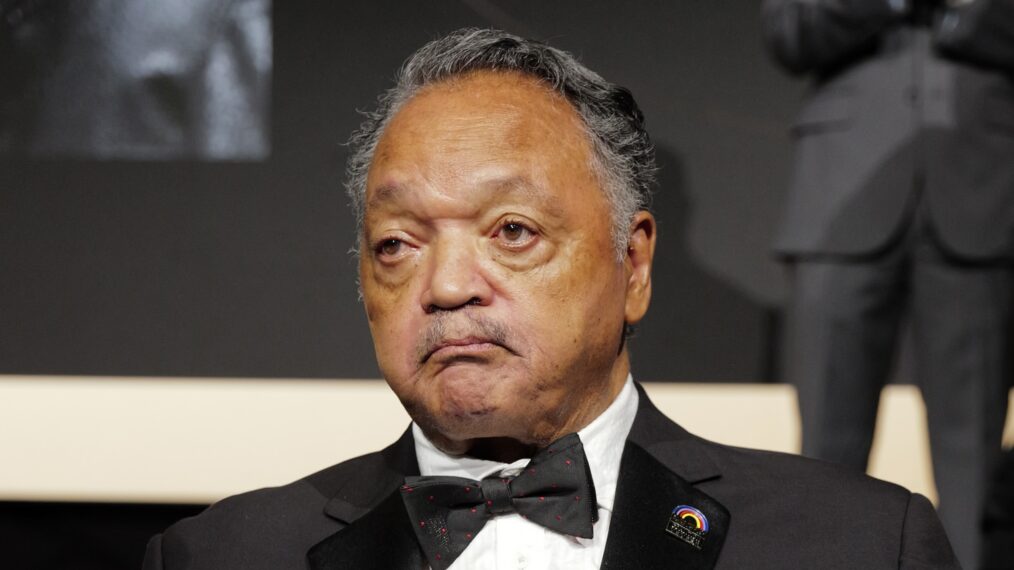(ThyBlackMan.com) I’ll tell you that life can be simultaneously ironic and humorous. Ironic because when you think about it, we invite into our lives the things that set us back a significant measure and humorous because when the bill comes due for our foolishness, we are forced to evaluate the poor choices that we made. The best case scenario is that in the end, we laugh at how foolish we were when “we didn’t know no better.” As former Black Panther Party leader, Kathleen Cleaver is known to say, “We always have the future.”
One of the most frustrating aspects of blog postings is that they are relatively brief; put simply, one always leaves sufficient meat on the bone. This dilemma has forced me to revisit a topic regarding the frustrations of many black women regarding the responsibility they carry in their decision to welcome a particular class of black men into their lives. In every way, I have tired of black women behaving as if they had no role in their association with “no good black men.”
There is no more succinct articulation of the frustrations of black women than the words that Maya Lewis (Mama Pope) articulated in the season six finale of Scandal. According to Pope, some unidentified entity called society advises black women to
Be strong, they say. Support your men. Raise a man. Think like a man. Well, damn. I gotta do all that?
Who’s out here working for me? Carrying my burden? Building me up when I get down?
Nobody. Black women out here trying to save everybody. We still try. Try to help all y’all, even when we get nothing.
I am confident that even black women who have managed to find their way to loving, monogamous, and committed black men can attest to the presence of “sisters” who harbor such feelings.
It may shock readers to learn that I do not dismiss Maya Lewis’ monologue as there are droves of black women whose experiences give them every reason to harbor such feelings. Let’s be honest about this matter; there are staggering numbers of black men whose skewed view of life, love, and commitment predetermines their foolishness.
However, that understanding does not move me from my assertion that much of the responsibility for the entrance of such men into the lives of black women belong to both black women and the homes that facilitated their limited understanding of substantive matters of the heart. After all, in contemporary society, it is black women who choose their paramour. Bun B expressed such issues in the iconic Outkast songPlayer’s Anthem, “You know the game and how it goes, we trying to get chose.” Put simply, during at least the last fifty-years; black women choose from many suitors who desperately seek their attention.
If it is correct that black women do the choosing, the next question is why do so many of them repeatedly choose wrong? The answer to this question flows from a very interesting quip that one of my closest friends, Dr. Anthony Quinn, once stated; “A woman will never submit to a man that she does not respect.”
It was only after considering this quote for a long period that I agreed with it. My shaky support came with an undeniable desire to delve further into what many consider a relationship truism. As usual, my mind led me to a related question of “Now, let us talk about what type of man these women respect? And why?”
The above question led me to discuss this matter with a cross-section of black men who I soon discovered had grown frustrated by a series of failed attempts to find love with black women. The alluded to discussion occurred in venues ranging from barbershops to academic conferences. Regardless of the site, it became clear that the answer to the above question reduced itself down to a belief that the leading indicator of “What type of man do black women respect?” was her relationship with her father.
Although often ignored in the uncomfortable discussions regarding the socialization of black girls, the father figure sets the groundwork for her conception of love from a man and her comprehension of the inner-workings of a committed relationship. People make a colossal mistake when they understate the role of the father in the socialization of girls. In actuality, the father lays half of the foundation that she will need as she moves forward in her choice of a mate; woe, to the man entangled with a woman that fits what Jawanza Kunjufu characterizes as “a daddy-less little girl.”
The absence of a stable, loving, and present black father, step-father, uncle, grandfather, has an incalculable effect on the socialization of black girls in regards to the opposite sex. Put simply, such a situation leaves them unanchored and having to navigate rough terrain in the dark. Alas, this may be the most reasonable explanation to unravel the problem of tens-of-thousands of professional, educated, and gainfully employed black men. A former student who works in the oil and gas industry shared the following.
On the one hand you hear that there are all of these single black women out here looking for good black men, yet, when it comes down to it, they rarely choose us. I can tell you firsthand that I have been played, dismissed, and disrespected by black women that I expressed interest in. The thing that added insult to injury was that the dude that they chose was the exact opposite of me. I now understand that they are choosing what is familiar from their past, not what will benefit their future.
Unfortunately for the future of Black America, it appears that we have once again gotten this thing incorrect. In our rush to replicate a cookie-cutter model of patriarchy, black men and women have relegated the sole utility of black fathers to “bringing home the bacon” and not serving as an indispensable element in teaching black girls what love is and just as importantly what love isn’t. The absence of such socialization has led far too many black women searching for love via a haphazard “catch-as-catch-can” model. Put simply; they have no model to base their selection off of and therefore do not possess the tools to discern between maleness and manhood. Unfortunately for the future of Black America, the above is a rigid foundation for the perpetuation of the alluded to dysfunction. It is reasonable to expect the young girls raised without a father or strong male presence to repeat the dysfunction that they were built within.
Maybe, just maybe, if black men and women could decide to “study war no more” black children could grow into reasonable adults capable of forming loving marital unions that serve as a mechanism for Black America to escape this cycle of impoverished thinking and behaving.
I guess that it is OK to hope for such simple things once in a while.
Staff Writer; Dr. James Thomas Jones III
Official website; http://www.ManhoodRaceCulture.com
One may also connect with this brother via Twitter; DrJamestJones.
















Leave a Reply